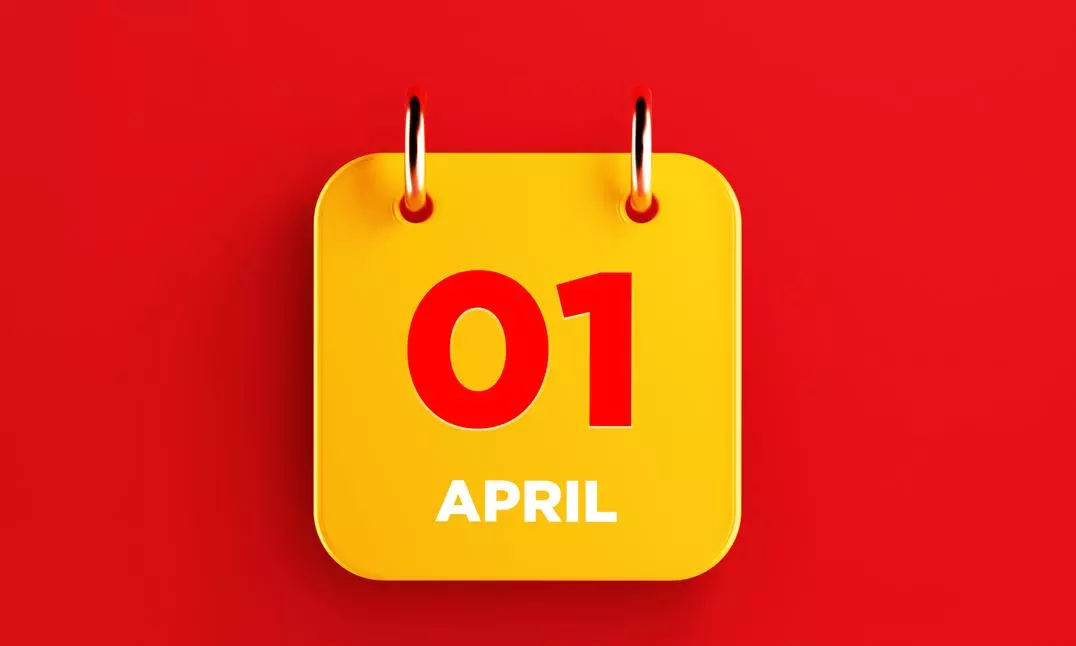
New tax regime, MFs, NPS rule: 8 financial changes from April 1, 2024
From the New Tax Regime becoming the default option to enhanced security feature in NPS login, these 8 financial changes will come into effect from FY 2024-25

Several financial changes are in the offing from April 1, 2024, when the new financial year begins. Here’s a summary of the key changes:
1. New tax regime
From April 1, 2024, the New Tax Regime will become the default option for taxpayers. That is, unless you specifically opt to be taxed following the old structure, your taxes will be automatically assessed according to the new system.
The income tax slabs in the New Tax Regime have remained unchanged for FY 2024-25 (AY 2025-26). Here are the Income Tax Slabs and corresponding tax payable:
Annual income up to Rs 3,00,000: 0% tax
Rs 3,00,001-6,00,000: 5% tax
Rs 6,00,001-9,00,000: 10% tax
Rs 9,00,001-12,00,000: 15% tax
Rs 12,00,001-15,00,000: 20% tax
Above Rs 15,00,000: 30% tax
Surcharge rate: The surcharge rate for taxpayers with annual income exceeding Rs 5 crore has been reduced from 37% to 25%.
Standard deduction: A standard deduction of Rs 50,000, which previously applied to the Old Tax Regime, has been incorporated in the New Tax Regime.
Maturity proceeds: Maturity proceeds from life insurance policies issued on or after April 1, 2023, for which the total premium exceeds Rs 5 lakh, will be taxed.
Rebate limit: The rebate limit under Section 87A has been increased to Rs 25,000 for assesses with a taxable income of up to Rs 7 lakh.
2. New NPS rule
The Pension Fund Regulatory and Development Authority (PFRDA) will introduce an enhanced security feature in the login process of the National Pension System (NPS). A two-factor Aadhaar authentication (2-FA) will become mandatory for all users logging into the Central Recordkeeping Agency (CRA) system of the NPS from April 1.
3. Changes in credit card rules
SBI credit cards: Certain SBI credit cards will no longer earn reward points on rent payments. This applies to cards such as AURUM, SBI Card Elite, SBI Card Elite Advantage, SBI Card Pulse, and SimplyCLICK SBI Card.
ICICI Bank credit cards: ICICI Bank will offer one complimentary airport lounge access to cardholders who spend Rs 35,000 in the preceding calendar quarter.
YES Bank credit cards: YES Bank credit card owners, who spend Rs 10,000 or more in a calendar quarter, will be eligible for complimentary domestic lounge access.
Axis Bank credit cards: Magnus Credit Card spendings on insurance, gold/jewellery, and fuel will no longer earn reward points. Benefits such as complimentary concierge services and airport meet and assist services will also be discontinued.
Card owners must now spend at least Rs 50,000 in the previous three months to access domestic airport lounges. The number of complimentary guest visits for both international and domestic lounges will be down from eight to four per calendar year.
4. Changes in debit card rules
SBI maintenance charge hike: SBI will increase the annual maintenance charge on certain debit cards by Rs 75.
5. Ola Money wallet transition
From April1, OLA Money will shift completely to small PPI (prepaid payment instrument) wallet services, with Rs 10,000 being the maximum monthly wallet load limit.
6. Mutual funds
From April 1, asset managers will halt inflows into mutual fund schemes that invest in overseas exchange-traded funds (ETFs), following SEBI’s instructions.
Also, investors who have not re-done their KYC will be not allowed to do any mutual fund transactions, including SIPs (systematic investment plans), SWPs (systematic withdrawal plans), and redemptions.
7. Mandatory e-insurance
From April 1, all insurance policies, including life, health, and general insurance, will be issued electronically, as instructed by the Insurance Regulatory and Development Authority of India (IRDAI).
8. FASTag rule
You must complete the KYC process for your car’s FASTag before March 31, or it may be deactivated by the bank.

